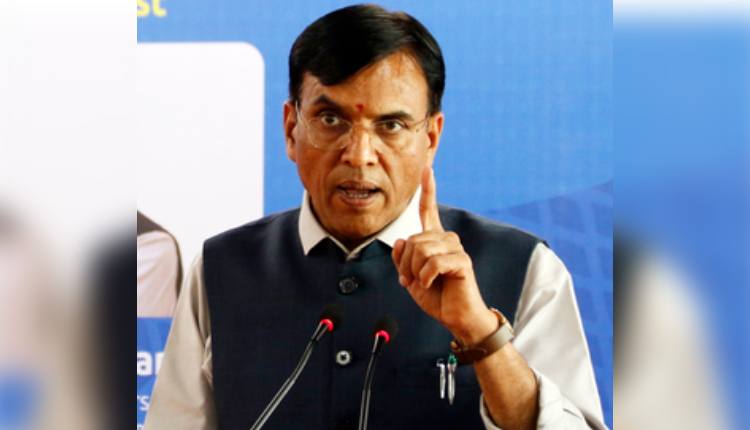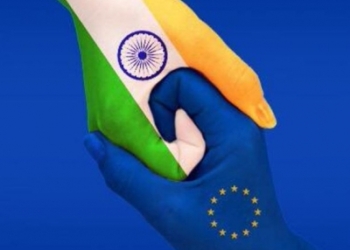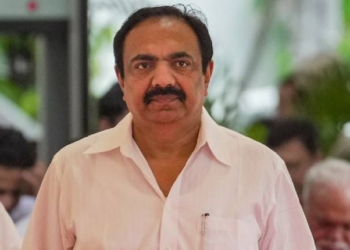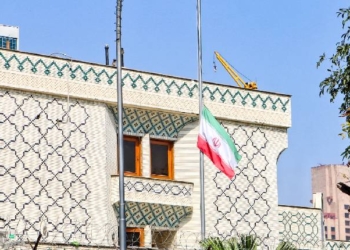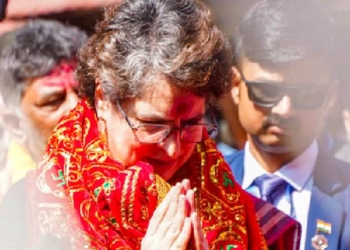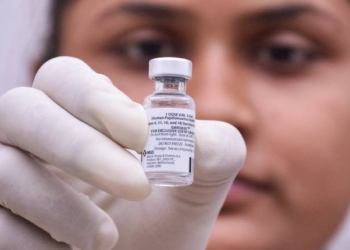New Delhi: Aiming for youth-led nation-building and governance, Viksit Bharat Youth Parliament 2025 will kick off here on Tuesday, offering a platform to connect young thinkers with politics and public policy.
As many as 108 participants, mainly top three candidates from each State/UT, have been selected to participate in the national-level round of the Youth Parliament being organised by the Ministry of Youth Affairs and Sports.
Organised under the guidance of Union Minister of Youth Affairs and Sports Mansukh Mandaviya, the Youth Parliament’s agenda includes a Question Hour focused on One Nation, One Election and Viksit Bharat, culminating in a resolution.
The participants would also undergo a masterclass conducted by a senior member of Parliament, equipping youth with essential oratory and leadership skills, said a statement on Sunday.
For giving the participants real-time parliamentary experience, they will be made to attend sessions in the Lok Sabha and Rajya Sabha.
A visit to the Prime Minister Sangrahalaya is scheduled to provide them insights into India’s political journey and leadership stories.
The event would culminate with an Awards Ceremony on April 3 to give away the Viksit Bharat Youth Parliament Awards and National Youth Awards.
The Viksit Bharat Youth Parliament is structured into three key stages. Its earlier stages were held at district and state level.
During the District Nodal rounds, discussions on One Nation, One Election reached every town and village through massive dialogues held at 300 district nodes. To qualify, candidates uploaded a one-minute video answering the question: “What does Viksit Bharat mean to you?”
Over 75,000 young people submitted their video entries through the MY Bharat portal, showcasing their enthusiasm and commitment to shaping the nation’s future. The entire selection process was conducted digitally, reflecting the growing integration of technology in governance initiatives.
The State Rounds were held in over 17 State assemblies and other government establishments. These sessions were presided over by Assembly Speakers and Governors, lending credibility and significance to youth discussions.
(IANS)




